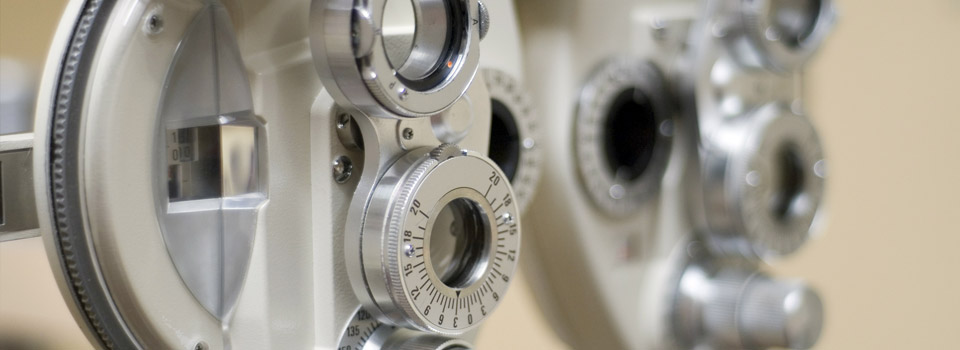Comprehensive Eye Examination – What is this and what does it include?
Many people consider the main objective of an eye examination is to answer one or both of these questions:
1. Do I need glasses to correct my vision?
2. Did my prescription for glasses or contact lenses change?
These are important questions that will be assessed and answered during a comprehensive eye examination. However, there are two other main areas that should be assessed to ensure you achieve clear, comfortable vision and maintain healthy eyes.
A binocular vision evaluation will be performed to assess how the eyes work together to focus, track and fuse images comfortably in the distance, near, and in different positions of gaze. This is a particularly important assessment in children; binocular vision issues can affect learning and attention in school and have a massive impact on scholastic development.
An ocular health assessment is crucial for early diagnosis and treatment of eye diseases that can cause vision loss. At minimum, the ocular health assessment will include having a doctor (optometrist or ophthalmologist) perform a detailed examination of both the external and internal parts of the eyes with a bio-microscope and lenses to view the retina. Intraocular pressures are also measured to help test for glaucoma. Additional testing as part of a comprehensive eye examination may include digital retinal photographs, detailed tear film assessments (dry eye testing), dilation of the eyes, and in-depth cross-sectional imaging of the retina, among others.
A comprehensive eye examination can only be performed by a doctor of optometry or an ophthalmologist. Sight testing may be performed by an optician, or your family doctor might perform visual acuity testing, but this testing does not include the important binocular vision or ocular health assessments. Your eye doctor will be able to relate certain vision changes or ocular health changes back to your overall health; conditions like diabetes, hypertension and cardiovascular disease, thyroid disease, and many autoimmune conditions all can have related eye issues.
To keep our eyes healthy and seeing well, comprehensive eye examinations are recommended every year for children, seniors, and those with diabetes and other conditions that come with increased risk of eye disease. Healthy adults should typically come in every two years. If you are overdue for your comprehensive eye examination, call your doctor of optometry today!
Dr. Lisa Scharf,OD

